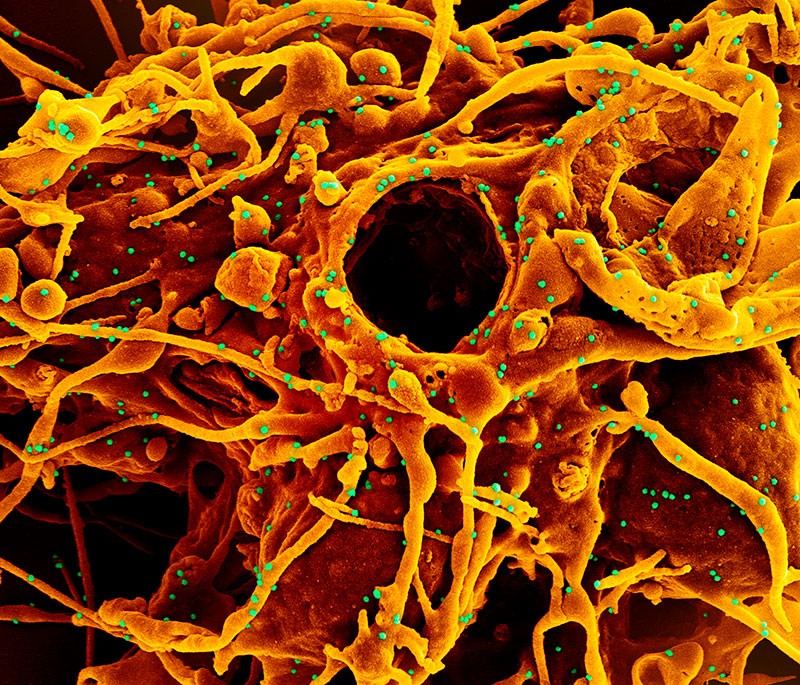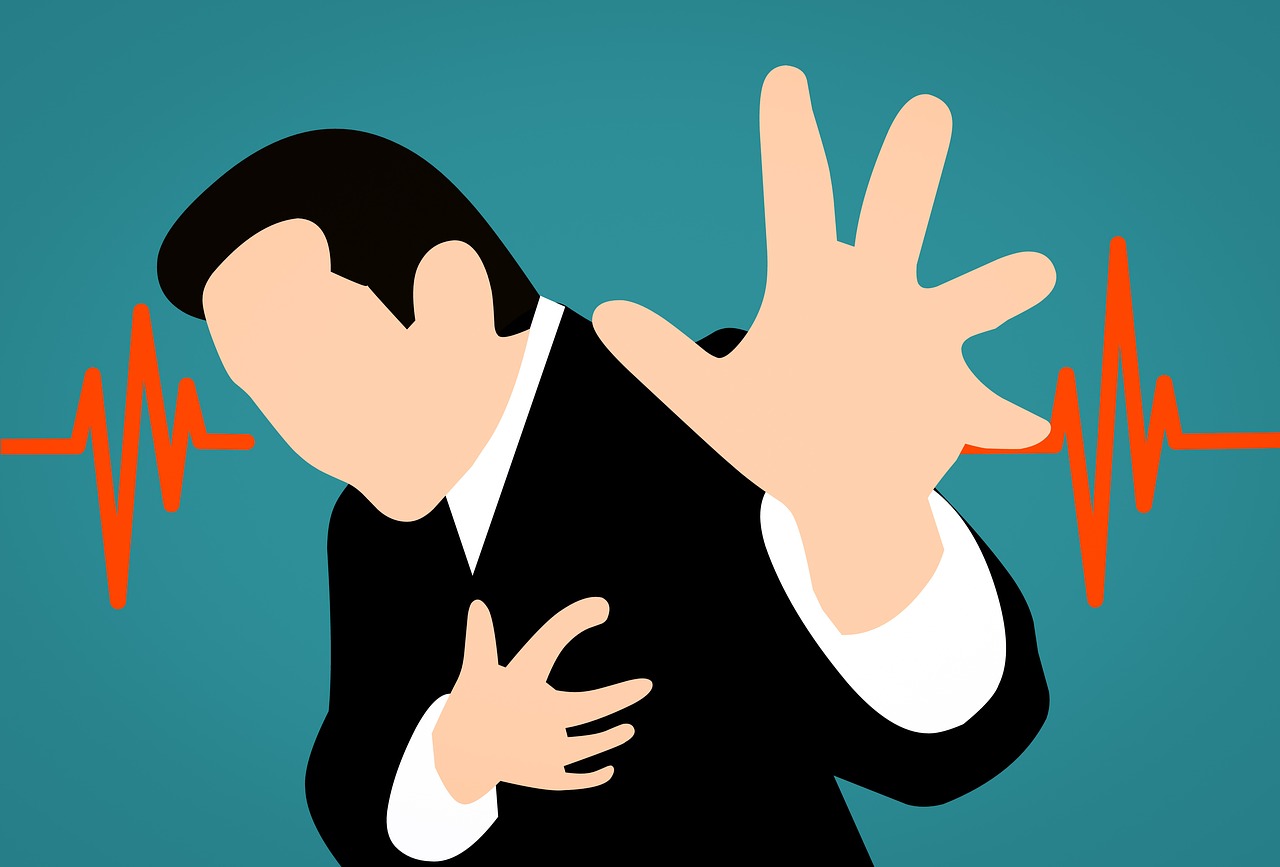15. Apr, 2022
Myocarditis - COVID-19 and Vaccination
JAMA April 12, 2022 Volume 327, Number 14
Myocarditis Adverse Event Less Common After COVID-19 Vaccine Booster
The risk of adolescents developing myocarditis is lower after a booster dose of the
BNT162b2 (Pfizer-BioNTech)COVID-19 vaccine than after the second dose, according
to a CDC analysis of data from the Vaccine Adverse Event Reporting System (VAERS).
Myocarditis is a rare but serious adverse event associated withCOVID-19mRNAvaccination.
To assess whether this adverse event was also associated with booster doses administered to adolescents, the authors analyzed reports submitted to the VAERS system and v-safe between December 9, 2021, and February 20, 2022. During the study period, roughly 2.8million US adolescents received a BNT162b2 booster dose. About 92% of the 914 reports
submitted to VAERS were not serious. Improper vaccine storage, dizziness,and fainting were the most commonnon serious events. Serious reports included 64 myocarditis cases. Provider interviews and chart reviews confirmed that 32 of these cases—all of which occurred among boys—met the CDC’s myocarditis definition. Of the confirmed cases, 27 patients required hospitalization,but all were discharged and had recovered or were recovering. The confirmed myocarditis rate after a booster dose was 11.4 per 1 million administered doses among adolescent boys aged 12 to 17 years. By comparison, the myocarditis rate after the second dose in the primary vaccine series was 70.7 per 1 million among 12- to 15-year olds and 105.9 per 1 million doses among 16- to 17-year-olds.
V-safe, a voluntary smartphone-based system created by theCDCto monitor post–
COVID-19 vaccination symptoms, collected data from 3418 adolescents who received a
BNT162b2 booster dose. About 80% reported a local or systemic reaction, most commonly injection site pain, fatigue, headache,and muscle pain. The authors noted that clinicians, parents, and adolescents should be aware that reactions are common after receiving a booster dose but that serious adverse events are rare.

